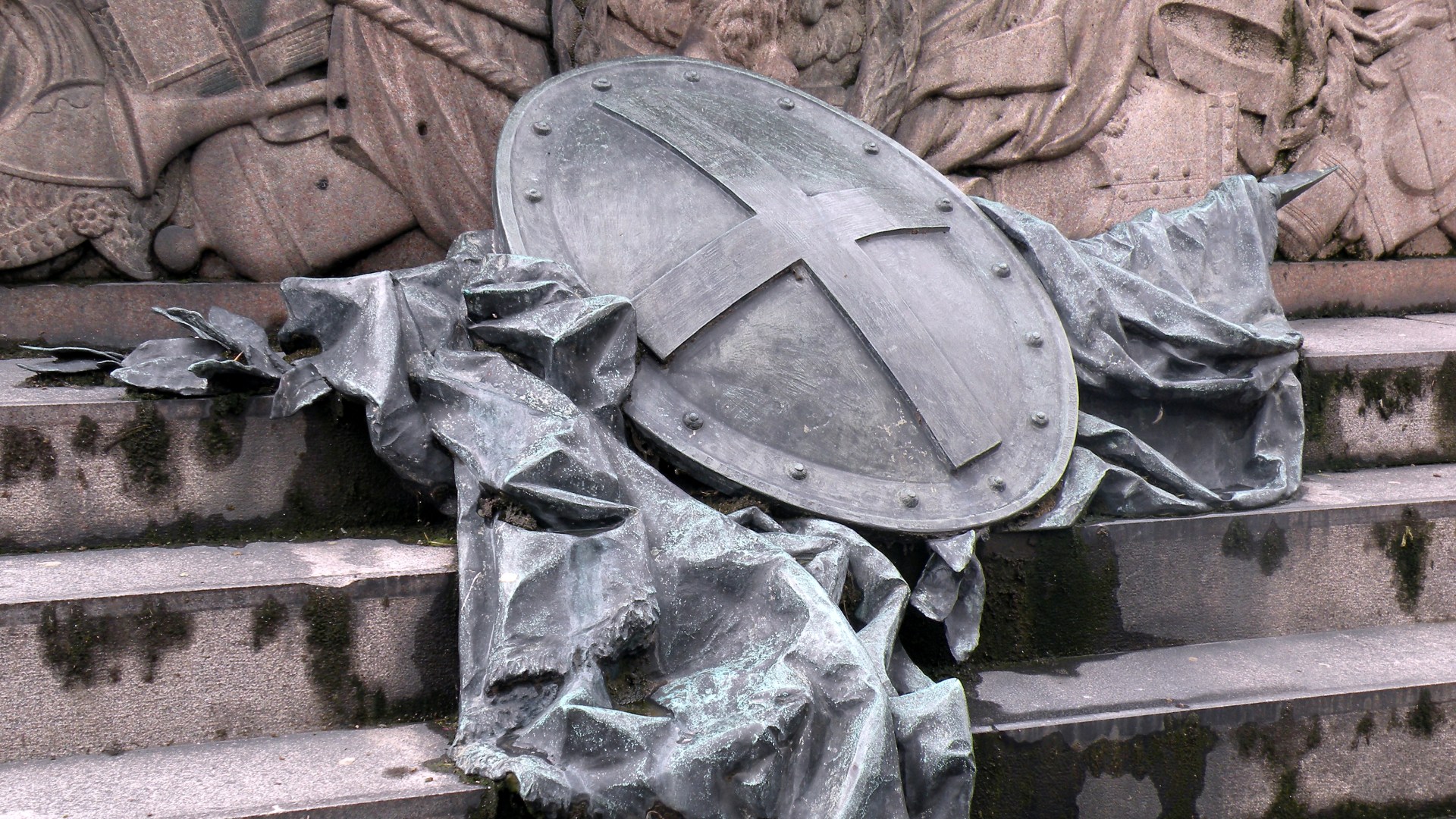In the last year, the greatest challenge to my faith has been reading about the church’s history (mainly from Diarmaid MacCulloch’s A History of Christianity). In many ways, the story of Christianity is full of light—mission, education, art, healthcare, abolition, compassion, justice—and I have read, taught, and loved that story for many years.
But there is an undeniable dark side: attacking, burning, crusading, drowning, enslaving, flogging, ghettoizing, hunting, imprisoning, Jew-hating, killing, lynching, and so on through the entire alphabet. What makes this difficult to stomach is that the people involved, as far as we know, have loved God, followed Jesus, and received his Spirit.
This poses several problems for believers today. There is an apologetic problem: If God is real, and his church is the light of the world and the salt of the earth, we really ought to be doing better. There is a practical problem: The consequences of our actions continue to sour the world, blighting efforts to cultivate peace and justice. There is a theological problem, namely that we are standing on the doctrinal shoulders of some who behaved appallingly. There is even a personal problem, in that the numerous specks in our ancestors’ eyes mean that there must be at least one or two logs in ours.
A short while ago, I had a bonfire in my garden, and as I threw more wood onto the blazing mound, I couldn’t help thinking, “We used to do this to people. God forgive us.” Considering our failures can be upsetting. Yet it can also be instructive, challenging, and even encouraging to reflect on what the dark side of our history teaches. We can learn a lot about our shape from our shadow.
The first thing to learn, surely, is humility. Without a cold, hard look at our low points, a mixture of hopeful eschatology and pride could easily encourage an unrealistic (and probably very irritating) triumphalism—or even the progressivist belief that although the church in the past made terrible mistakes, we would never be so silly. If we are feeling pleased with ourselves for developing universities and hospitals, remembering forced baptisms and witch hunts will help set us straight. Our successes remind us that the kingdom is “now”; our failures remind us that it is also “not yet.”
They also remind us that the church is not to fight with the weapons of this world. You don’t have to be a pacifist (although I am) to agree that the institutional church shouldn’t fight wars or punish criminals. We are called instead to fight with spiritual weapons: the Word, the Spirit, the shield of faith, the gospel of peace. When we do, no one is drowned except in baptism, the only fire we need is that of Pentecost, and nothing is enslaved except slavery itself.
Our low points expose the fallibility of our heroes, and prompt us to thank God that he built (and continues to build) his church through broken people. At one level, the fact that Bernard of Clairvaux preached the Second Crusade, and Jonathan Edwards owned slaves, and Martin Luther denigrated Jews, undermines the gospel they preached so eloquently. At another level, it vindicates it. All at once, they were princes and paupers, priests and beggars, sinners and saints. So are we.
An honest reading of church history also makes the Bible’s history far more applicable. There is no hint of a whitewash of Israel in Genesis or Judges, 1 Kings or 2 Chronicles. The story of the early church is full of great achievements alongside rifts, squabbles, betrayals, and disappointments. Scripture paints God’s people as a mighty yet flawed community, anointed by God yet afflicted by sin. When we find that our ancestors in church history have been similar, it should not surprise us.
So knowing our ugliest moments can help cultivate humility, peace, gratitude, and the fear of God—not to mention a fresh appreciation for the grace that works in spite of our behavior. It can be painful to think about, especially for those whose lives are shaped by the legacy of previous failures. But it can also be strangely encouraging. After all, it is the people dwelling in deep darkness who, in their desperation, finally see a great light.
Andrew Wilson is teaching pastor at King’s Church London and author most recently of The Life We Never Expected (Crossway). Follow him on Twitter @AJWTheology.
Are we right about this? Off the mark? Share your feedback here.










